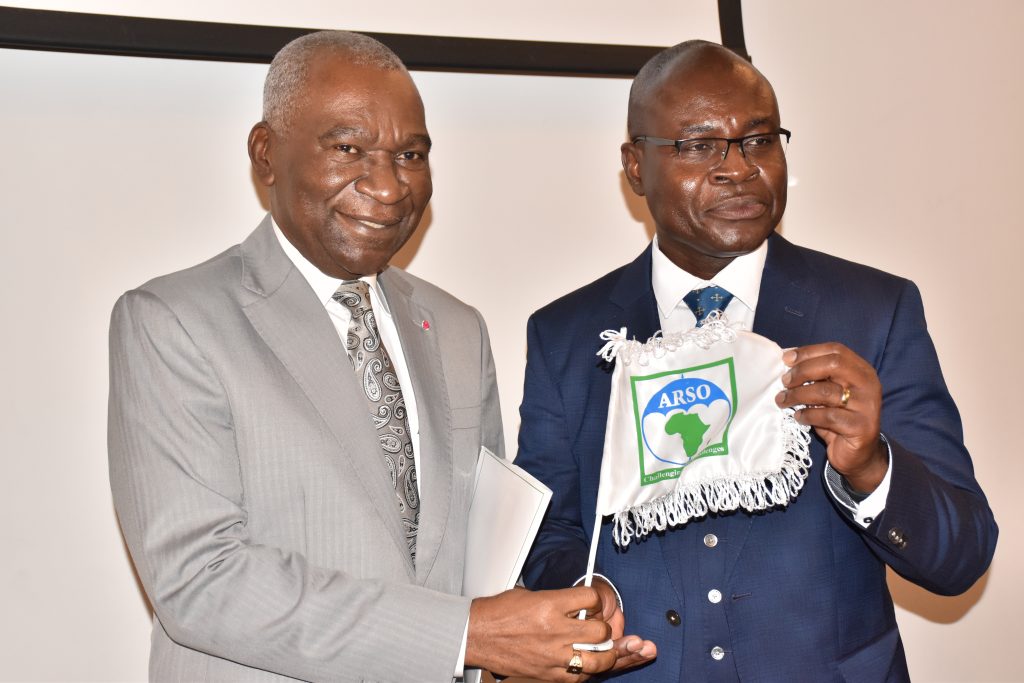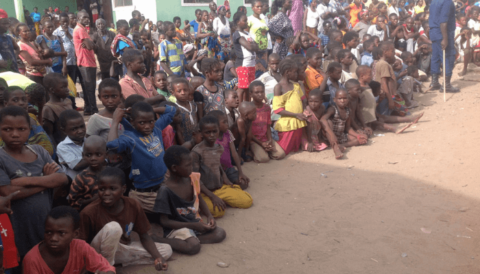At the 30th General Assembly of the African Organization for Standardization (ARSO) in Abuja, stakeholders highlighted the importance of standardization in promoting sustainable development, innovation, and manufacturing across Africa. The assembly focuses on the theme “Educate an African Fit for the 21st Century, Building a Quality Culture: One Market, One Standard,” emphasizing unified standards to improve trade within Africa.
Doris Anite, the Minister of Industry, Trade, and Investment, emphasized how education, sustainable development, industrialisation, and trade are interconnected in the 21st century. Represented by Nura Rimi, the ministry’s Permanent Secretary, Anite stressed the role of standardization in making economies efficient, easing trade, and tackling development challenges.
“Standards affect our daily lives, boost economic efficiency, ease trade, and help us tackle challenges as we aim for sustainable and resilient development,” said Anite, urging African nations to work together to implement the African Continental Free Trade Area (AfCFTA) effectively.
Dr. Ifeanyi Okeke, Director-General of the Standard Organization of Nigeria (SON), added that it’s crucial to equip African youth with skills they need to succeed globally. He explained that standardization isn’t just about guidelines; it requires collaborative efforts to address educational challenges and promote quality.
Zubairu Abdullahi, representing Education Minister Tahir Mamman, announced plans to introduce standardization courses into Nigeria’s school curriculum. This move aims to maintain product quality and educate consumers about standards.
Prof. Alexander Dodoo, President of ARSO, urged African countries to use trade standards and collaboration to create jobs for African youth within the continent. He stressed the need for leaders to address Africa’s challenges together.
The event brought together government officials and stakeholders from across Africa, showing a commitment to advancing standards and education to boost trade and development within Africa.





